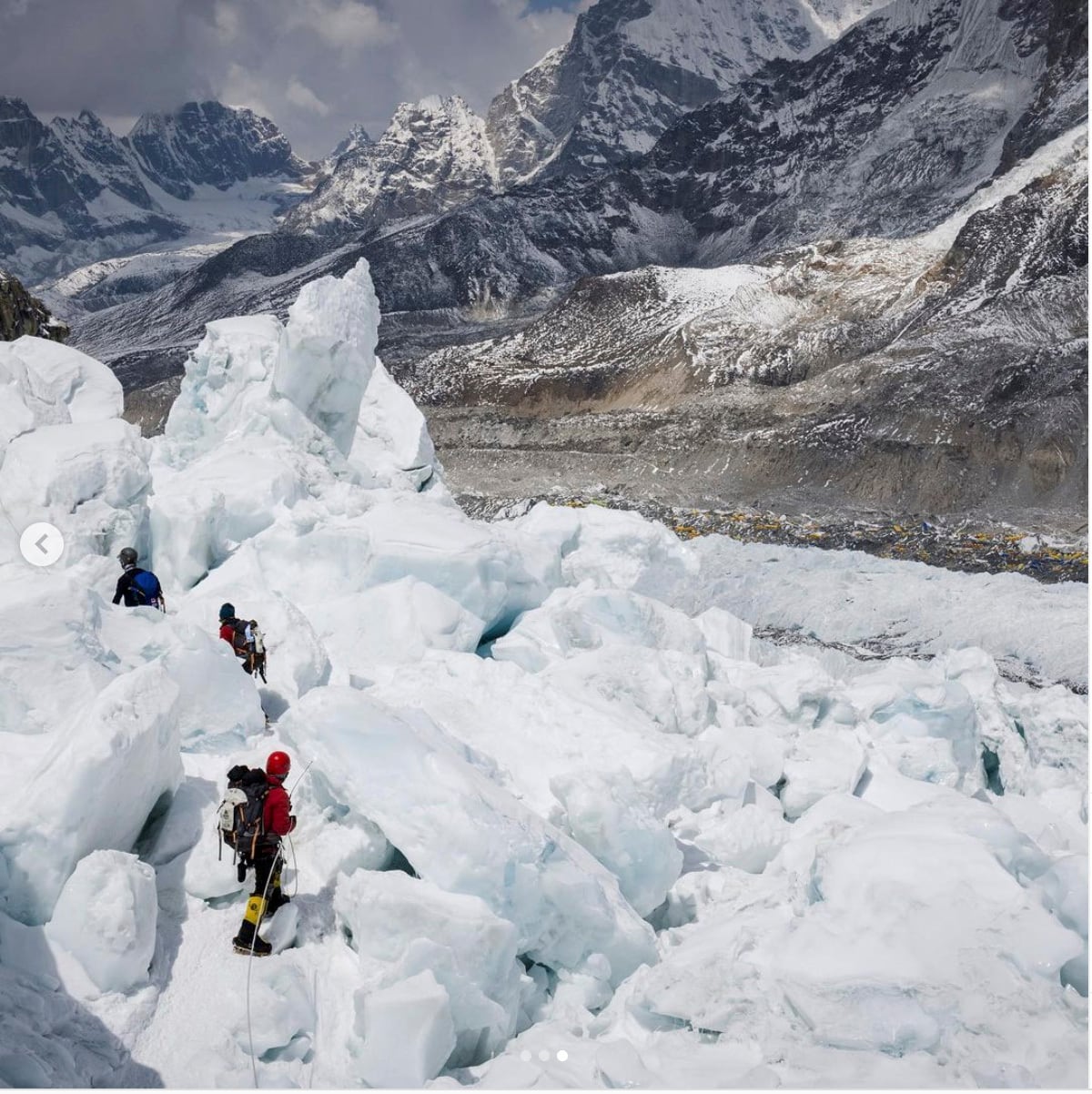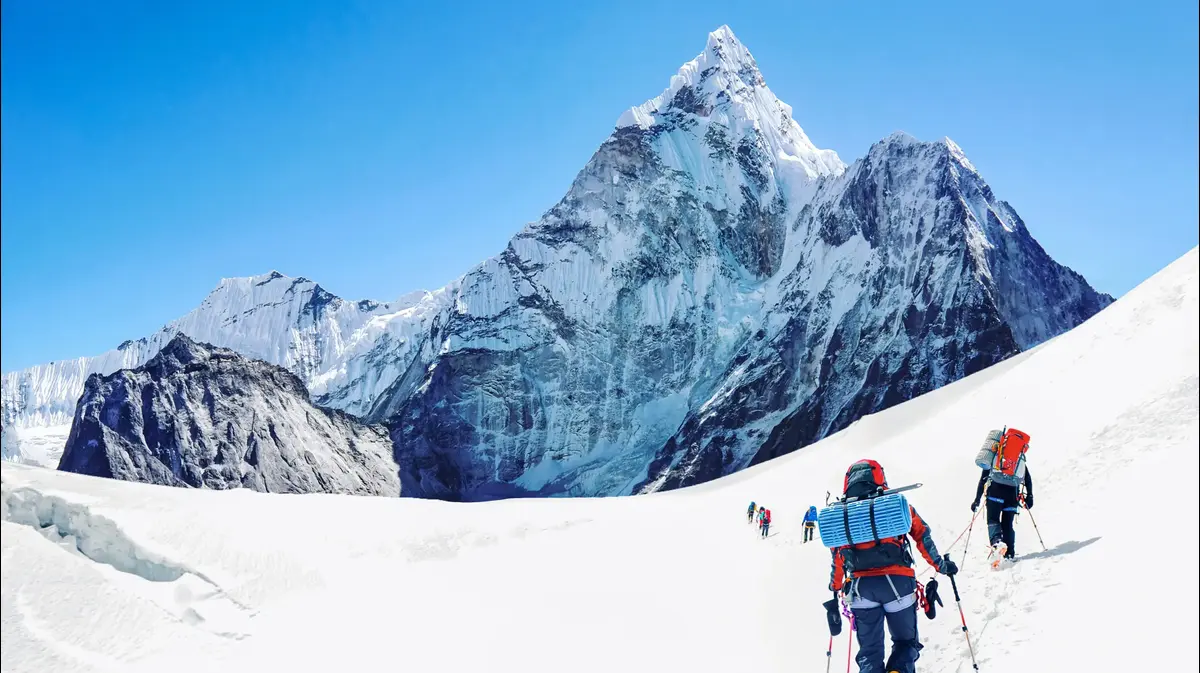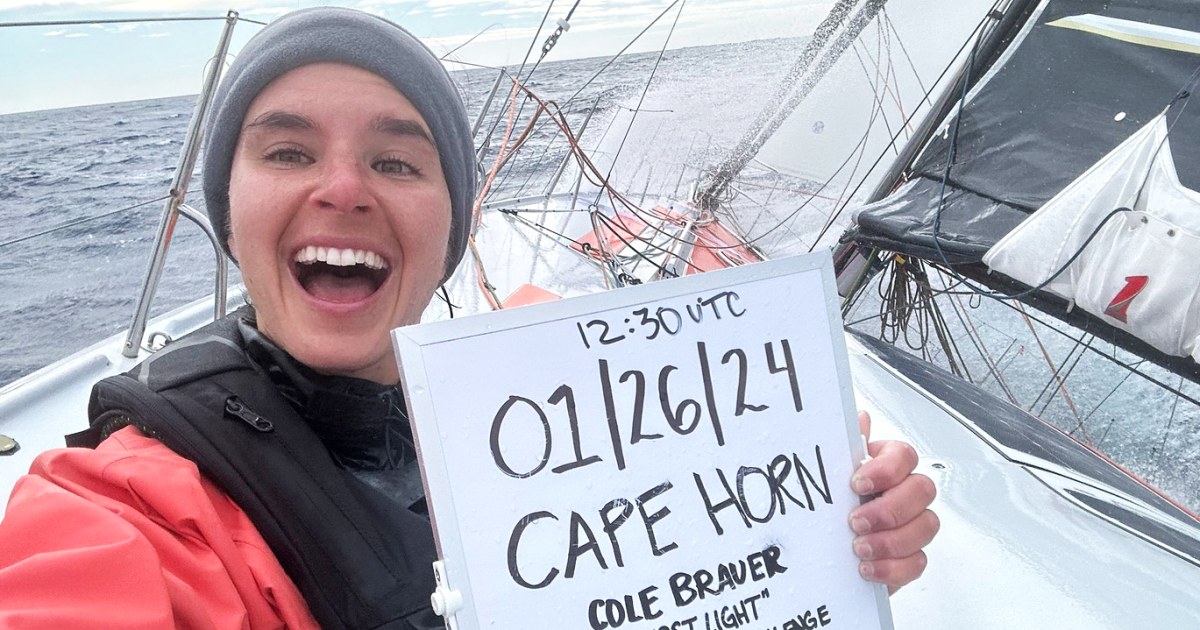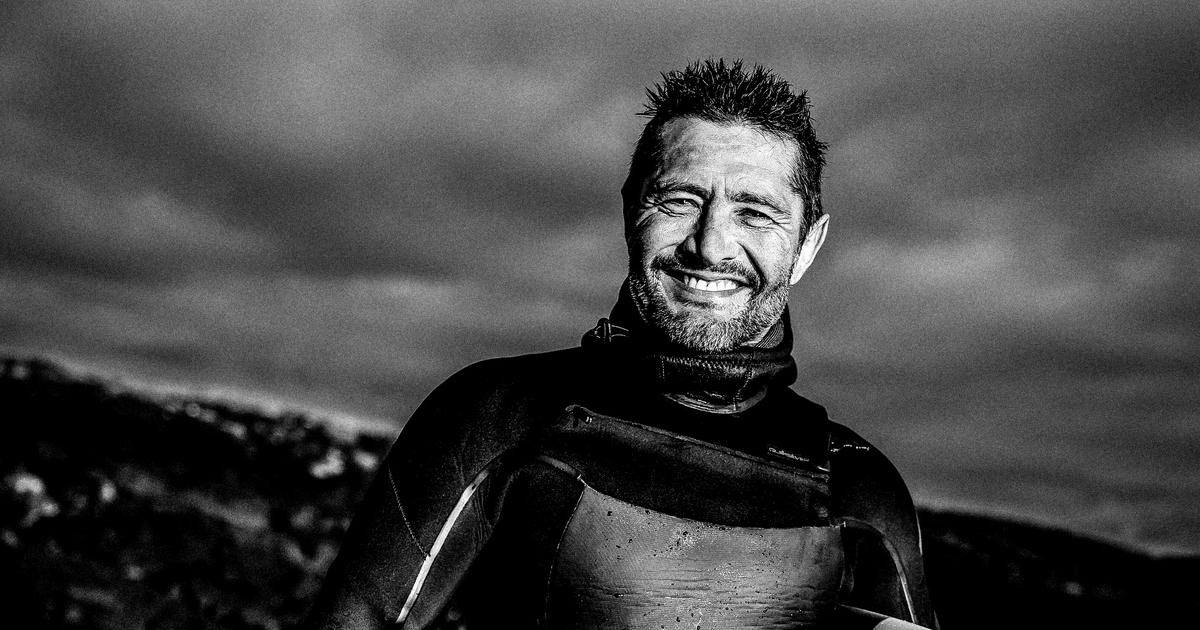By contract, the customer is never right on the mountain. Not when it comes to deciding what is or is not dangerous, a task that belongs exclusively to the guide you have hired. This could be one of the conclusions derived from the ruling of a Seattle (USA) court that has just settled a lawsuit brought by a client unhappy with his frustrated attempt to climb Everest in September 2019. Then, his guide aborted the attack on the summit (8,848m) to protect both from the threat of imminent fall of a serac (a mass of ice the size, in this case, of a 15-story building). Zac Bookman not only protested the decision of his guide, Garrett Madison, but months later decided to take him to court demanding payment of $ 100,000 for breach of contract and fraud:It mattered little then to have signed a document in which it was stipulated that reaching the summit is not guaranteed "for reasons of weather, security or other factors." Other Madison clients, in the framework of the same expedition, did not contemplate the possibility of reporting it.
Mountain guides always report on this reality of their work: the summit, or the success of an outing, is always subject to safety. No one can guarantee a top. Bad weather, terrain conditions and clients' physical or technical abilities can substantially alter the desired script. The mountain, the guides understand, is not and should not be an object of rapid consumption but rather an experience in which the path traveled should be as or more important as reaching a specific point on a mountain. Wealthy and a member of the select group of Silicon Valley entrepreneurs, Zac Bookman rarely heard "no" for an answer ... even if his life was in danger. The judge who has just ruled against him clarified that “the fear of lawsuits and financial repercussions can cause injuries,illnesses and deaths for clients, guides, Sherpas and other professionals ”.
In autumn 2019, no one reached the top of Everest, not even the mountain runner and mountaineer Kilian Jornet, not the Polish extreme skier Andrzej Bargiel. On that date, Madison had four clients to climb Everest. Faced with the estimated danger, two of them decided to return home, another agreed to climb Ama Dablam as compensation and only Zac Bookman demanded to wait a week at base camp to see if the serac fell or not. It did not fall then but it did fall weeks later. In 2014, the fall of a similar ice mass in the same area (the Khumbu waterfall) claimed the lives of 16 Sherpa workers.
In the specific case of Everest, where clients pay between 60,000 and 150,000 euros to experience the possibility of standing on the roof of the planet, the guides are pressured to satisfy their wishes.
Garrett Madison, who in previous seasons had already led more than 70 clients to the desired peak, said about the court ruling: "It is a great victory for me and my company as well as for the mountain guide industry as a whole" .
Sherpas risk
The news takes a load off the group of guides, an industry that grows all over the planet. In Spain, Raúl Lora, president of the AEGM (Spanish Association of Mountain Guides), is “satisfied”: “We guides will not be afraid when making decisions in the mountains that are not always easy to make”. The value of a guide has to do, in essence, with their ability to make committed decisions in stressful situations, decisions that do not compromise their own safety or, of course, that of their clients. His knowledge of the environment and the terrain in which he moves, his ability to assess the conditions of the moment and his analysis of his capacities as well as those of his clients allow him to decide whether to advance or resign. “When it comes to a day or two outings close to home,We send a list of conditions for the contracting of our services that has the figure of informed consent. In the case of several days of work abroad, for example, the client also signs a contract by which he accepts, among other things, our cancellation policy, the resignation of a goal for security reasons or the possibility of not reaching the top in the case that this is the object of the trip ”, explains Raúl Lora.
More information
Make a turn on Everest
It is evident that certain decisions of the guides are not to the liking of the clients, often unrealistic when it comes to assessing the conditions of the mountain or their own abilities. “But if every time a disgruntled customer takes us to court, we won't be able to work or make the right decisions to protect ourselves. That is why the opinion of the American judge is a relief ”, sighs Lora. Madison's attorney, Doug Grady, who took up the case pro bono (without charge), also noted his concern “about the consequences that this type of lawsuit could have for a worker of the Sherpa ethnic group, those who equip the routes of the eight thousand and they run the greatest risks ”. “It's one thing for Sherpas to knowingly take risks as paid mountain professionals,It is quite another for the US legal system to create harmful pressures that make their jobs even more dangerous, ”he told Climbing magazine. The ruling in favor of the guide Garrett Madison puts a point of sanity on unbridled mountain consumption.
You can follow EL PAÍS DEPORTES on
and
, or sign up here to receive
our weekly newsletter
.








/cloudfront-eu-central-1.images.arcpublishing.com/prisa/V26BFPTIY5ATJAOACEGHSZ4BQY.jpg)